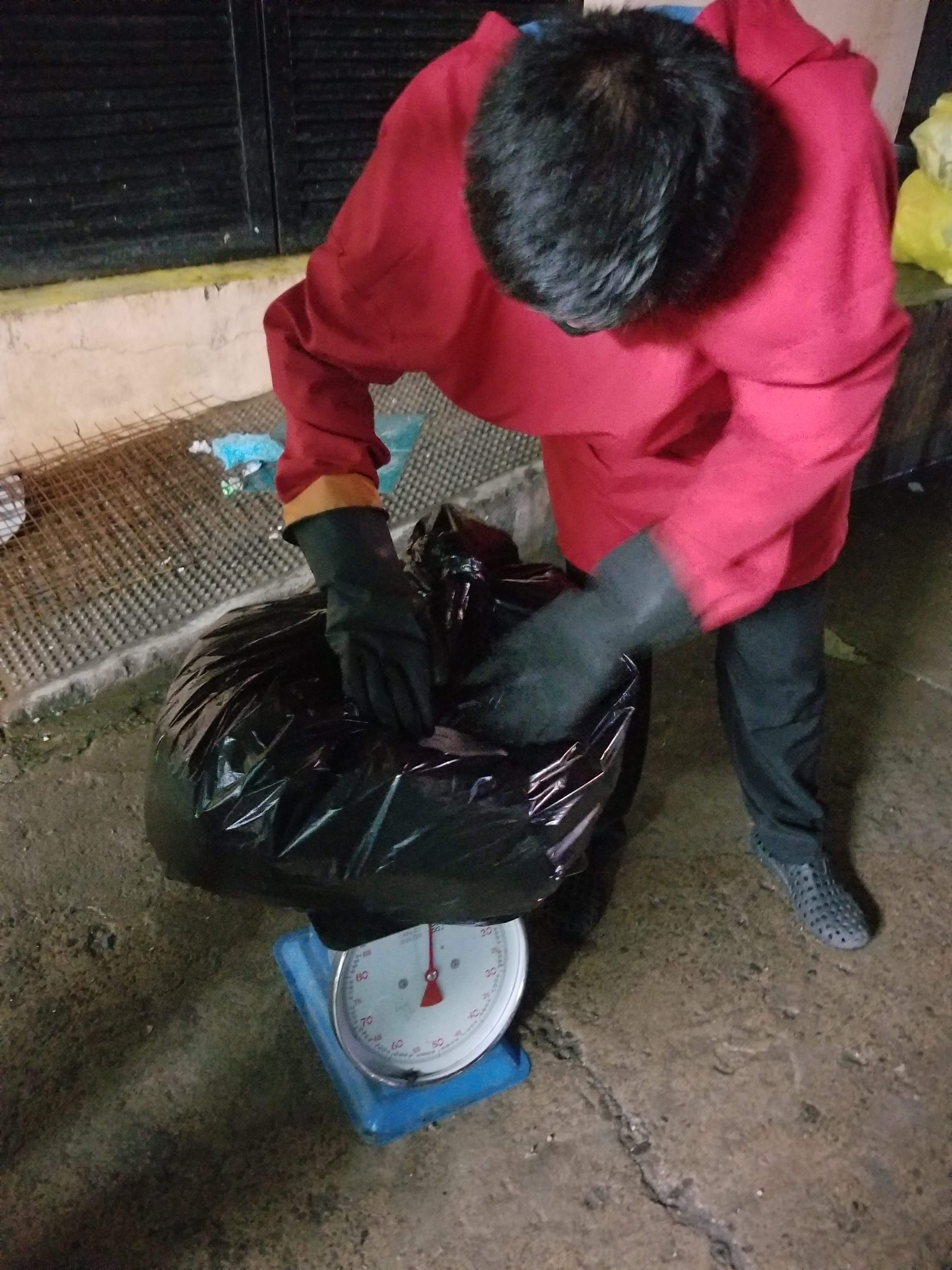NEW REPORT: Plastics Issues during a Global Pandemic - a study of five (5) Hospitals in the Philippines
Single use plastics are some of the most polluting items existing in the world today. There seems to be no escape from their harmful presence no matter where one goes. Much has been written about the mountains of plastic waste in landfills worldwide, not to mention the massive islands of plastics in our oceans, and the microplastics in our food and water supply. The effects of the toxins that leach from single use plastics have been well documented by scientists and media all around the globe, and while many countries and organizations have made significant strides in ameliorating the situation with Reduce, Reuse, and Recycle programs, the issue still remains, and advocates for change can sometimes feel as if they’re fighting against a relentless tide of waste.
The fight against single use plastics became even more difficult in the last quarter of 2019, when COVID-19 started to spread and grow into a global pandemic. Countries began scrambling to find any means necessary to stop the spread of the deadly virus, including the use of single use/disposable medical and Personal Protective Equipment (PPE) to try to contain the infection. A year and a half later, the pandemic still rages on, with no clear remedy in sight. In the meantime, countries are also dealing with the increased volume of infectious waste generated by hospitals and medical personnel who have no choice but to use PPE in the course of their work.
It is in this context that Health Care Without Harm- Southeast Asia (HCWH), in partnership with Break Free from Plastic undertook an audit of five hospitals in the Greater Metropolitan Manila Area (GMA) with a view towards understanding the effects of COVID-19 on their generated wastes and on any existing waste management initiatives that these hospitals may have already had in place. The five hospitals that participated in the audit were 1) Amang Rodriguez Memorial Medical Center (ARMMC); 2) Lung Center of the Philippines (LCP); 3) National Children’s Hospital (NCH); 4) Quirino Memorial Medical Center (QMMC); and 5) National Center for Mental Health (NCMH).
The general objective of this audit was to determine how the COVID-19 pandemic impacted the volume and characteristics of wastes generated by healthcare facilities managed by the DOH.

Specifically, the objectives of this waste audit were:
• To quantify and classify the healthcare waste generated by the partner-hospitals during the COVID19 pandemic;
• To analyze the plastic composition of the healthcare waste, including volumes, amounts, and their categories, in particular those of Personal Protective Equipment (PPE);
• To develop recommendations for actions that may be established at the hospital and DOH level towards the adoption of sustainable waste management systems in the healthcare setting.
CLICK TO VIEW THE FULL REPORT HERE:
>> https://bit.ly/DOHAuditReport2021 <<

